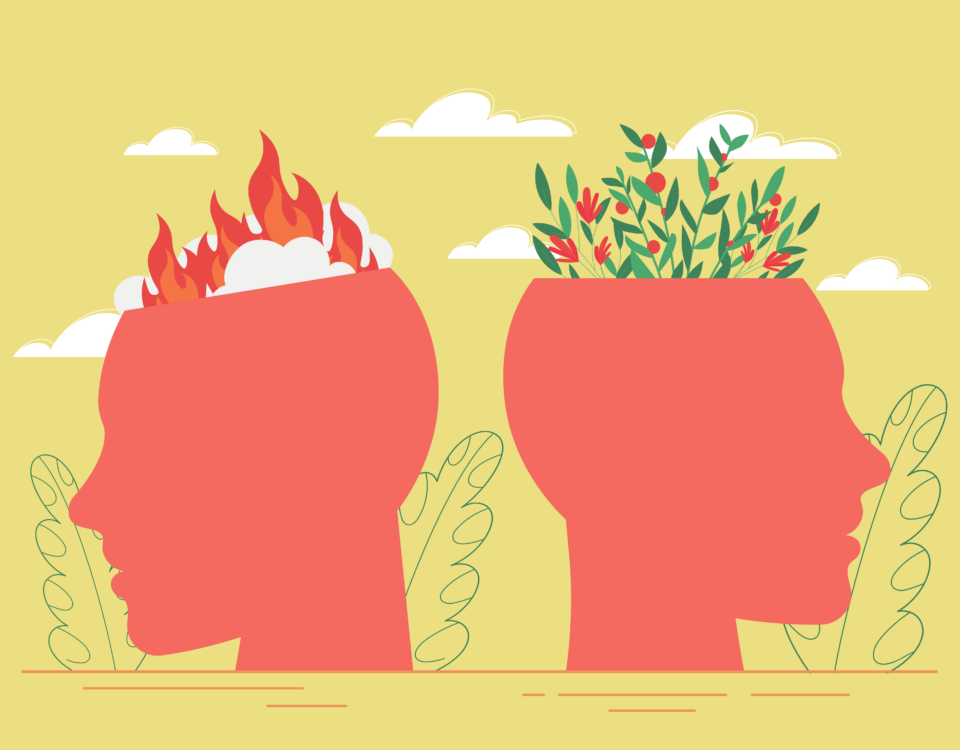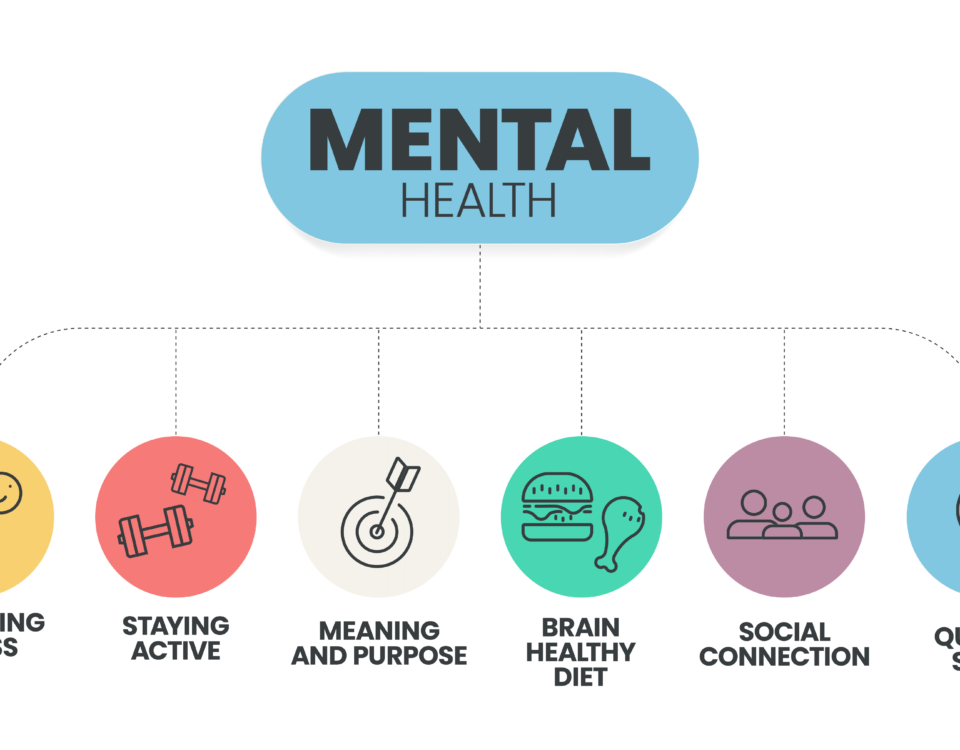Recovering from addiction requires an almost complete change.
Staying sober after drug or alcohol addiction treatment usually requires the person to make changes in their lives at home. While each person’s recovery journey is different, there are several stages of addiction recovery that everyone goes through. These stages are formally known as the transtheoretical model, which was created by researchers Carlo DiClemente, James Prochaska, and John Norcross in order to offer further insight into the process of recovery. As a drug and alcohol treatment center in Chicago we wanted to take a closer look at the transtheoretical model of change and what it tells us about addiction recovery.
Questions about our Facilities or Programs?
Our admissions coordinators are available 24/7 to answer any questions you may have as you consider whether treatment at Banyan is right for you or your loved one.
What Are the Stages of Addiction Recovery?
There are six stages of recovery from addiction, also known as the transtheoretical model stages: pre-contemplation, contemplation, preparation, action, maintenance, and termination. Not everyone goes through the order of these stages, and some may remain in one stage longer than others or jump back and forth. Observing the stages of recovery in this order allows us to visualize and better understand the stages of change recovering addicts go through.
Pre-Contemplation
An individual with a drug or alcohol addiction usually doesn’t consider or fully understand the issues with their behavior in the first stage of addiction recovery. This could be for a variety of reasons. The person may be in denial about their problem. They could have also been enabled by others in their active addiction and never experienced any consequences for their behavior. In this stage, an addict’s behavior may be positive because it hasn’t led to any repercussions. They may not be interested in accepting advice or addiction treatment.
There are four different types of “pre-contemplators” or four different categories in which people in this stage can be grouped:
- Reluctant pre-contemplator: This type of pre-contemplator is unaware of their problem and lacks the motivation to change
- Rebellious pre-contemplator: This pre-contemplator doesn’t want to let go of their addiction because they don’t like being reprimanded or directed
- Resigned pre-contemplator: This type of pre-contemplator is overwhelmed by their addiction to the point where they feel hopeless
- Rationtionalizing pre-contemplator: This pre-contemplator always has answers and reasons or excuses to justify their behavior
We know that addiction is a blinding disease that can keep a person trapped if they don’t get help. At Banyan Chicago, we offer a variety of effective substance abuse treatment programs in Naperville that address numerous alcohol and drug use disorders.
Contemplation
At this stage in addiction recovery, the individual may realize that they have a problem. An individual in this stage may not feel as if they could fully commit to treatment. However, they are more receptive to listening about the possible long-term effects of substance abuse and treatment options. As the name of this stage suggests, they’re still contemplating whether they want to take that first step.
Preparation
At this stage, the person is committed to their recovery and is ready to take that first step. They may meet with a health care provider to set up goals for recovery and decide which form of treatment is best for them. Our levels of care include a wide range of rehab programs that vary in intensity. This allows us to treat every kind of addiction, regardless of its severity.
Action
At this stage of addiction recovery, the person may exhibit actual change. For many people in the action stage, they may begin their recovery with detox and inpatient treatment. The individual may also undergo group therapy, individual therapy, addiction counseling, and holistic treatments to identify the underlying causes of their addiction and learn how to cope with them.
At Banyan Treatment Centers Chicago, our residential treatment program sends patients to our Gilman rehab facility to undergo a medically monitored detox before beginning inpatient treatment with us. A medical detox incorporates medical assistance as needed and 24-hour supervision to treat withdrawal symptoms and mitigate addiction cravings.
Maintenance and Relapse
In this stage, recovering addicts will learn to adapt to a life that’s free of addiction. Patients are usually most motivated during the earliest stages of drug addiction recovery. However, as reality sets in and they begin to face new obstacles, relapse becomes a real threat. While relapse doesn’t happen to everyone, it is a common aspect of recovering from substance abuse. If and when this occurs, the person would return to rehab and join a stabilization program.
Termination
Termination is when the threat of addiction is “terminated.” At this point, the individual no longer feels threatened or restricted by their addiction. They may feel confident in their sobriety and their ability to sustain it.
Getting into treatment is easy with our free insurance verification
"*" indicates required fields
Long-lasting sobriety is possible. Call our Banyan Treatment Centers in Chicago today at 888-280-4763 to learn more about our addiction treatment services.








